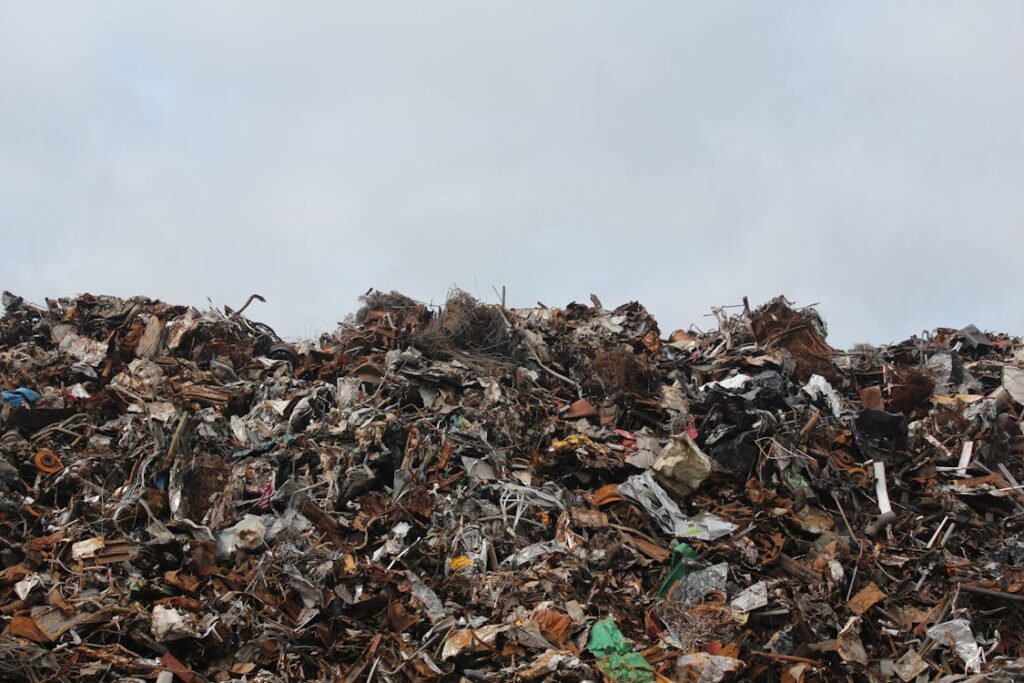Introduction
The escalating climate crisis is no longer a distant threat; it’s a pressing reality that is starting to impact every aspect of our lives, including our food systems. The complex interplay between climate change and food security is creating a scenario where our very sustenance is under threat. This blog post explores how the changing climate is triggering a global food war, threatening our dining tables.
Main Content
The Impact of Climate Change on Agriculture
Climate change affects agriculture through altered weather patterns, including temperature shifts, unpredictable rainfall, and increased frequency of extreme weather events like droughts and floods. These changes pose significant risks to food production globally, affecting crop yields and livestock.
Crop Yields
Warmer temperatures and erratic rainfall can reduce crop yields. For instance, staple crops like wheat, rice, and maize are highly sensitive to temperature changes. A study by the Intergovernmental Panel on Climate Change (IPCC) predicts significant yield reductions in these crops as temperatures rise.
Livestock
Livestock production is also vulnerable. Heat stress from increased temperatures can lead to reduced meat and milk production, impacting food availability and prices.
Economic and Social Impacts
Food Prices
As crop yields decline, food prices are likely to rise, leading to increased food insecurity and poverty. Vulnerable populations in developing countries are particularly at risk, as they spend a larger portion of their income on food.
Migration
Food scarcity can force people to migrate from their homes in search of better living conditions. This migration can lead to social unrest and conflicts over resources, further destabilizing regions.
Conclusion
The climate crisis is not just an environmental issue but a profound threat to global food security. It’s clear that without substantial changes to our food production systems and climate policies, the situation could worsen, leading to a severe global food crisis.
Opinions
It is imperative that we take immediate action to adapt our agricultural practices and enhance food system resilience. This involves investing in sustainable agricultural technologies, improving water management, and reducing food waste.




